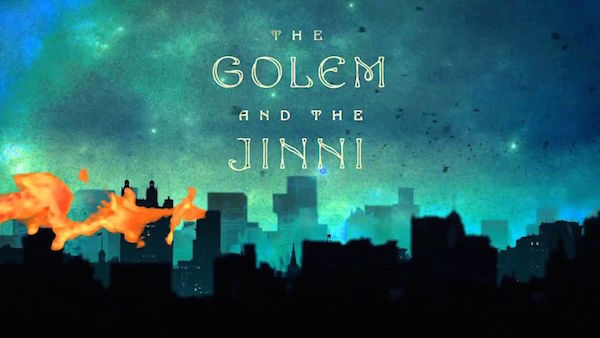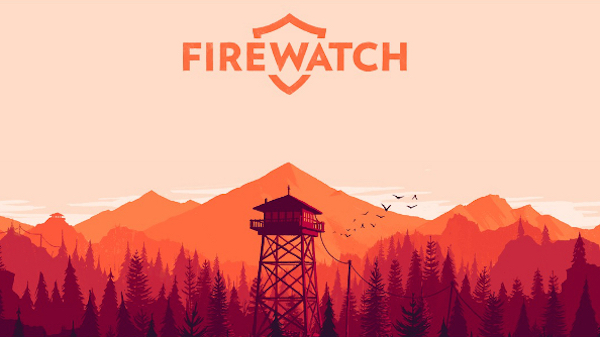Review: The Golem and the Jinni – How often do you use “That’s just who I am,” as an excuse for your choices?

Disclaimer: no wishes are granted or carpets magically flown.
In Helene Wecker’s The Golem and the Jinni, the two title characters represent different approaches to life. The former is created to serve and obey, the latter is born to roam free and unencumbered. Once separated from their masters, those opposing natures fuel an unlikely friendship and drive much of the book’s character and plot development, as two “people” figure out who they are in the world.
Frequently, after one or the other makes a mistake, causes some trouble, hurts someone, or simply isn’t sure what to do with themselves, they give the excuse, “But that’s my nature, that’s just what I am, and I can’t change that.” However, the bulk of the story involves them doing exactly that. We see them learn to accept responsibility for their actions, to control their natures. In short, they learn how to change and grow beyond what they “just are.”
All of us like to think we have free will (which… maybe not?), and that we’re in control of our choices. But who hasn’t decided not to do something “because it’s just not me,” or made an excuse for their behavior because “that’s just who I am.”

